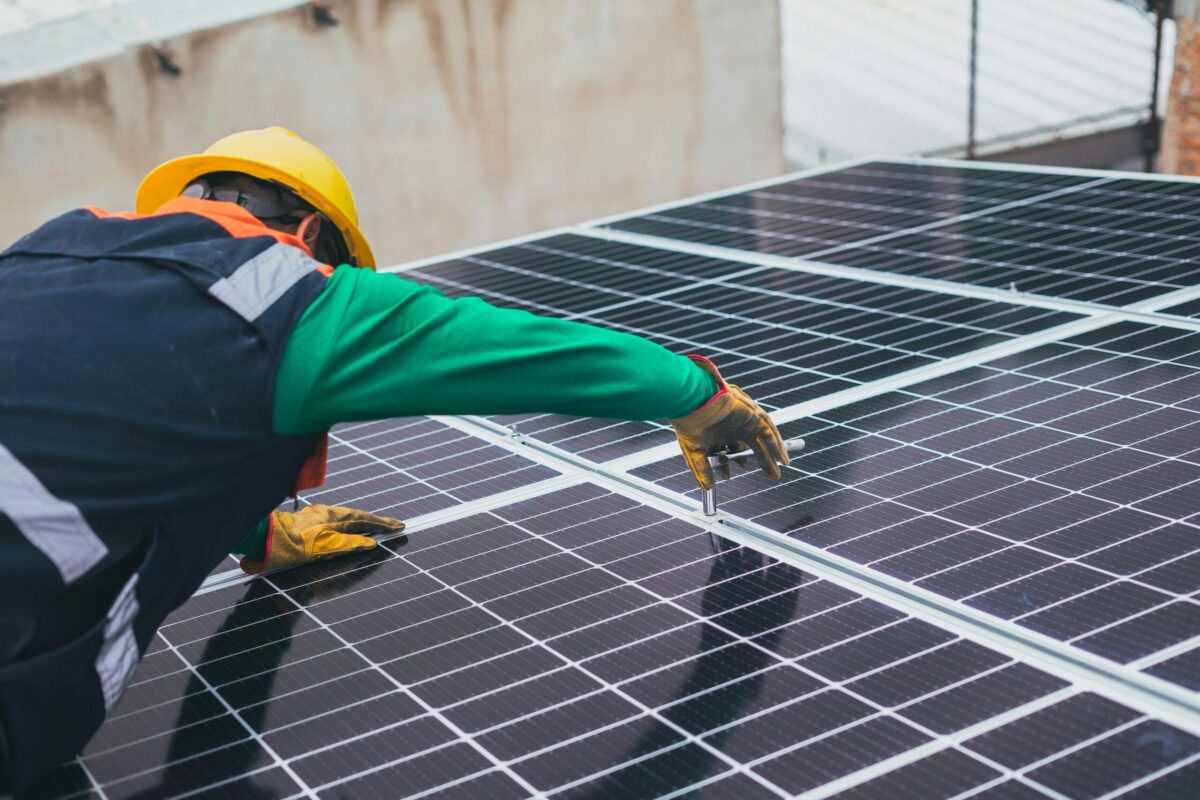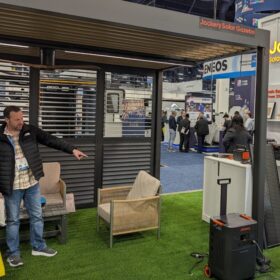The Invesco Solar ETF fell 11% for September and declined 29% year to date, while the S&P 500 fell 5% for September and rose 12% year to date. The DJIA decreased 4% during the month of September and increased 1% year to date.
Within the United States markets, the top three performing solar stocks for September were Emeren Group Ltd. (up 6%), Enphase Energy Inc. (7%), and Hannon Armstrong Sustainable Infrastructure Capital Inc. (8%). Meanwhile, the three most under-performing solar stocks for the month were Maxeon Solar Technologies Ltd. (down 28%), Sunnova Energy International Inc. (-25%), and Sunrun Inc. (-21%).
Residential solar stocks fell 18% overall in September and decreased 50% year to date. It is important to note that the residential stocks have declined further in October, due to poor market conditions.
The companies included are SolarEdge Technologies Inc., Sunnova Energy International Inc., and Sunrun Inc. Elevated interest rates, insufficient working capital, and surplus inventory are contributory factors adversely impacting the sector.
Our recent checks suggest that there is massive oversupply in the United States residential solar market and there are fears it will continue into the fourth quarter with available stock from both manufacturers and distribution channels.
Some manufacturers are liquidating their inventory, even at prices below cost structure. The disparity of more than $0.10/Wp between residential and utility solar panel prices is pushing commercial & industrial solar developers, as well as PV engineering, procurement, and construction companies, to reconsider and revise projects. Revised projects are aiming to incorporate smaller-footprint modules whenever feasible.
Despite recent customs detentions, pricing for Uyghur Forced Labor Prevention Act-compliant modules has decreased significantly. Our checks suggest that there are indications that demand for utility-scale solar projects might be showing signs of a slight decline.
This content is protected by copyright and may not be reused. If you want to cooperate with us and would like to reuse some of our content, please contact: editors@pv-magazine.com.








If Residential rooftop solar does not make off-grid solar with low-cost batteries, under the reduced compensations that many states have now that followed California’s NEM3.0, that makes solar a negative cash flow investment, the industry will fail. Grid Tied is now a loser and with all the solar companies going out of business, who will repair or fix the existing rooftop solar systems? Warranties will be worthless if the companies just go out of business. Just like the Rooftop hot water companies did in the 1970s when the California solar hot water rebates ended, and they all filed bankruptcy the very next day. People stuck with solar leases, through finance companies, will be just out of luck. Off grid solar is now the only way to go yet who will provide the repair or service other than the homeowners themselves and how many can do that. This is another case of Government intervention to push along an industry that when government support ends the consumer, and the small businessperson loses.